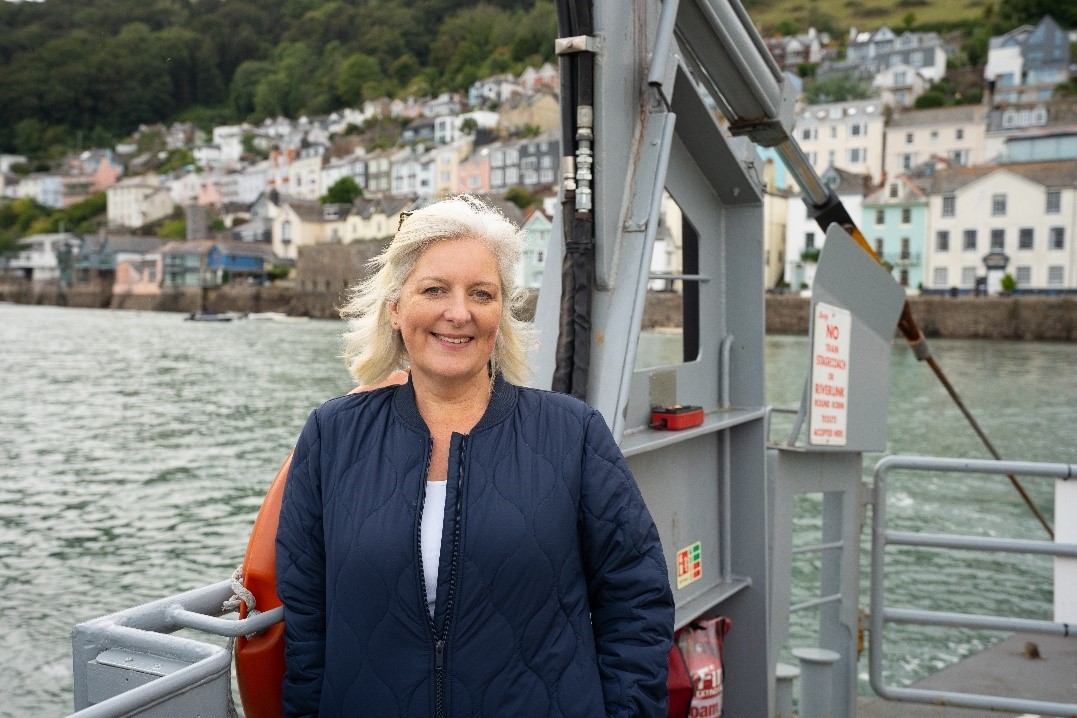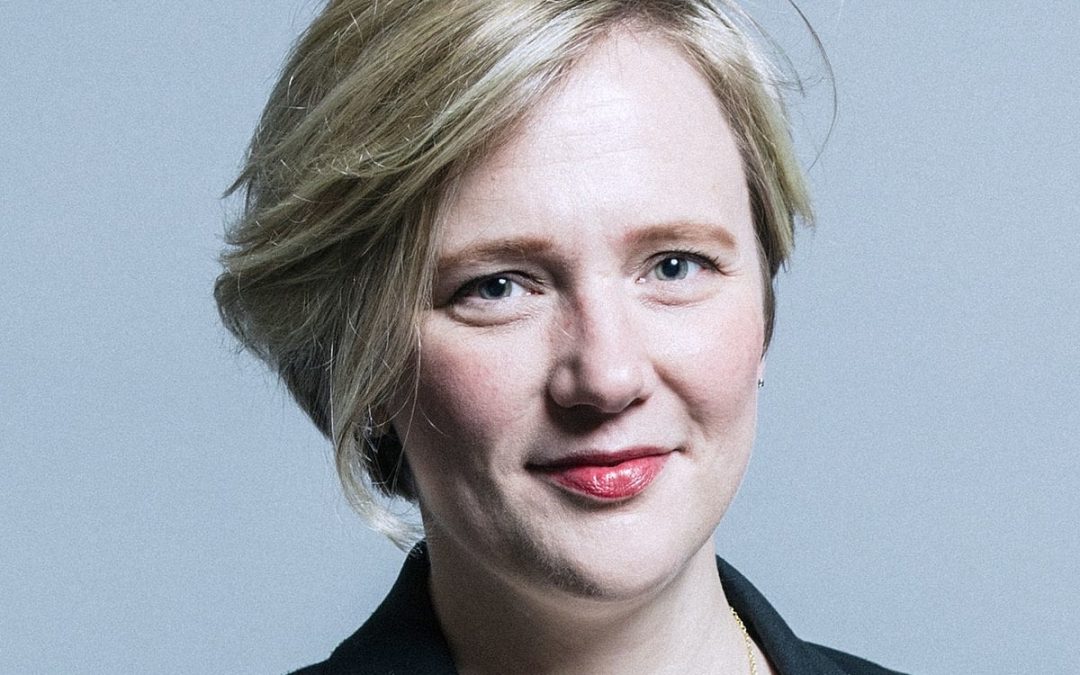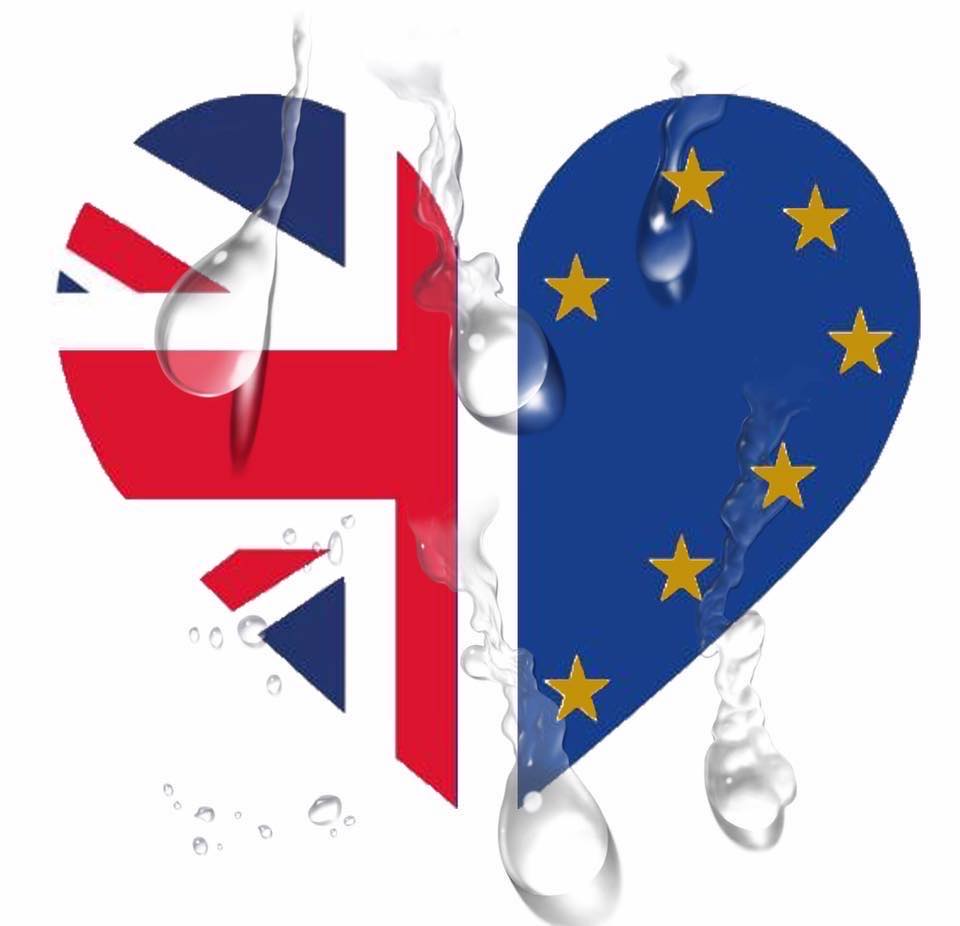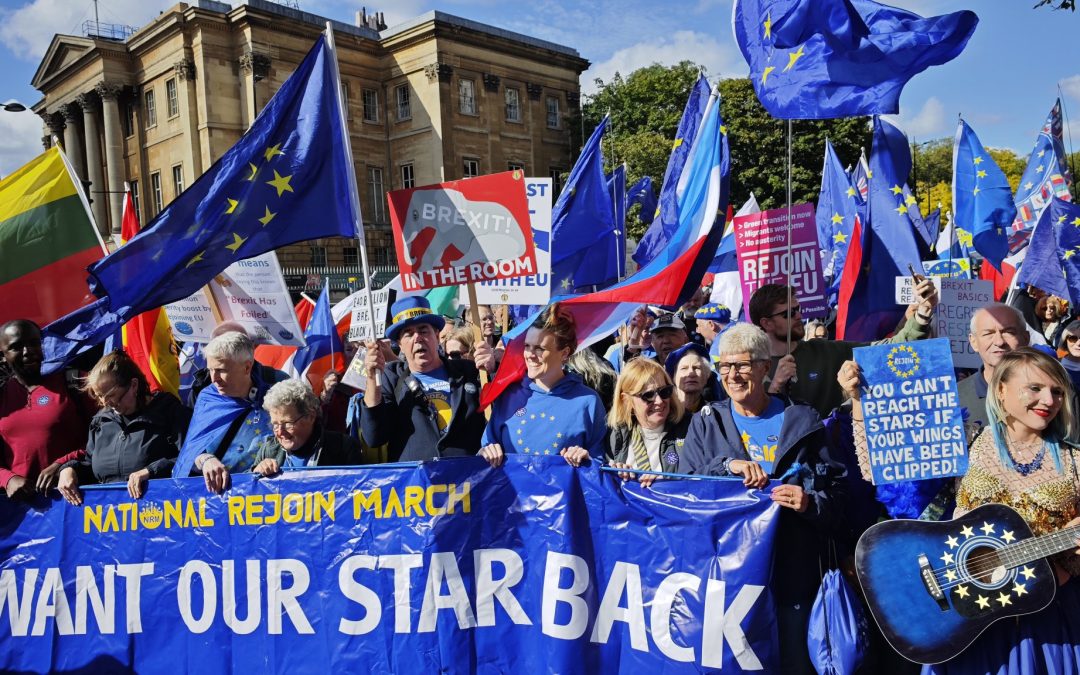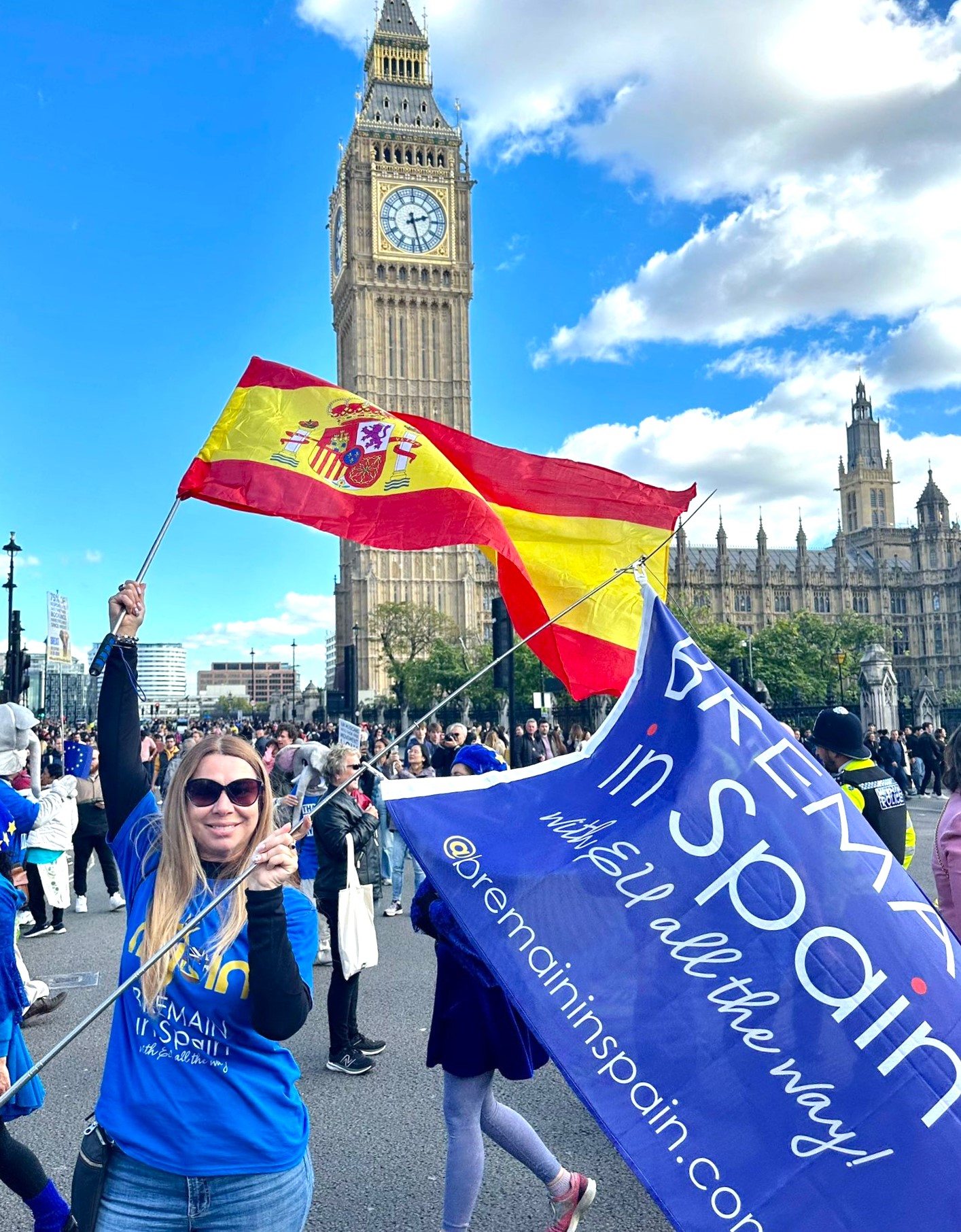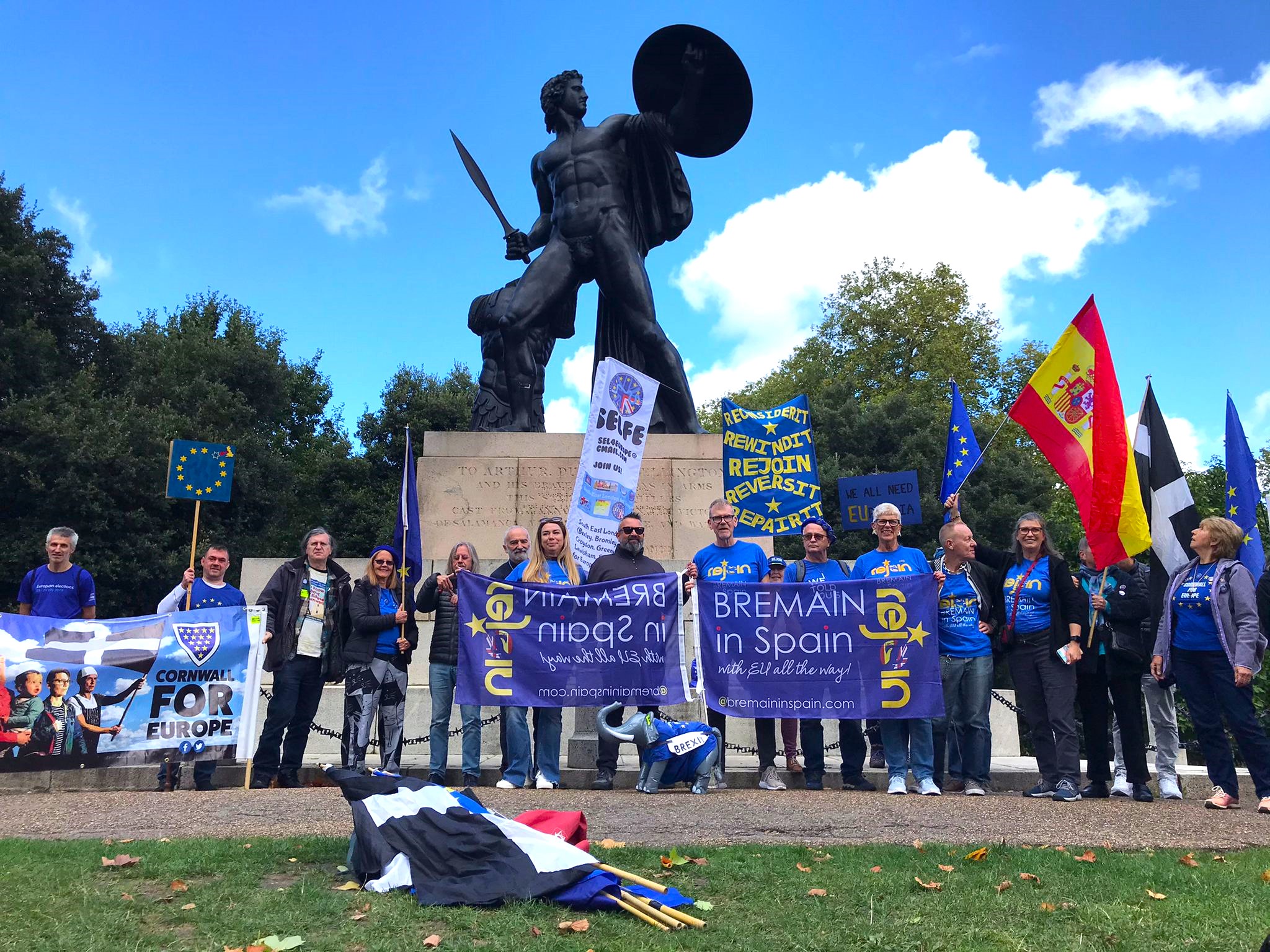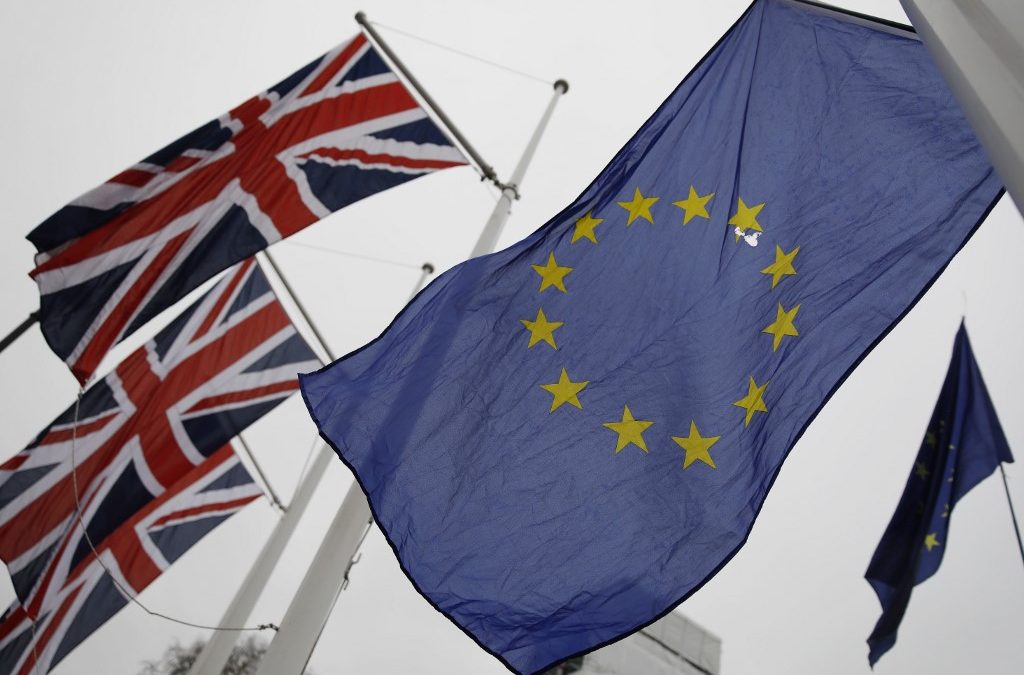
Brexit in party conference season – how was it for EU?
September’s conference insights on Brexit and UK-EU relations, and the parties’ positions on Europe as they head back to parliament, writes Bremain Treasurer Helen Johnston for Yorkshire Bylines.
There is said to be a pro-Europe majority in the 2024 parliament, as well as in the country. Was this in evidence at last month’s party conferences? With elections are behind them, are the parties and their leaders finally acknowledging the Brexit elephant in the room? On 8 October, Grassroots for Europe invited politicians and campaigners to talk about these questions at a post-conference round table.
The event’s chair was Brendan Donnelly, former Conservative MEP, director of the pro-European think tank the Federal Trust, and leader of the Rejoin EU Party. Representatives from some of the main parties reported first on how Europe had been addressed at their respective party conferences.
The Liberal Democrats
Caroline Voaden is the newly elected Liberal Democrat MP for South Devon. She was the last leader of the Liberal Democrats in the European Parliament, representing South West England and Gibraltar, and is a vocal pro-European.
Voaden noted that Europe was widely discussed at conference, with well-attended fringe meetings on single market membership, resetting UK-EU relations and better market integration.
Although activists were keen to hear about policy on Europe, “…the feeling was really strong that we fought three general elections on Brexit and did pretty badly”. The key issues for voters in 2024 had been the NHS, the cost of living, and sewage. These were the issues Liberal Democrats had fought on, which had given them their biggest ever representation in parliament.
A policy motion on restoring freedom of movement for young people was passed unanimously. Although often wrongly conflated with immigration, it is an area where the party feels it can push government.
Speaking on a panel about North Atlantic relations and Ukraine, Voaden had raised how leaving the EU has damaged Britain’s role as a bridge between the US and the EU: “We’re not there as a kind of crucial link in that chain anymore, … and I think everybody is the poorer for it.”
Joining the dots
All those problems can, of course, be linked to Brexit. “Every time I spoke with voters during the election and they talked about improving the economy, I would always say, ‘well, let’s join the single market’, to a huge round of applause. There is definitely an appetite out there.”
Voaden concluded that as the Liberal Democrats now have 72 MPs and currently look like a stronger voice of opposition than the Tories: “Lots of us in the new intake are really keen to get [Europe] back on the agenda. As a party, we have a roadmap. Youth mobility is definitely one of the first steps. I’d really like to see a deal done for musicians and creatives so they can tour in Europe again, plus things like bringing school groups to the UK without having to have visas and passports. If we can start taking little steps that actually have a positive result, that are not too contentious, it opens the door to talking about bigger issues.”
The Green Party
Professor Catherine Rowett another former MEP, represented the East of England until the UK left the EU in 2020. She is coordinator of the Green Party policy working group that drafted the recent update of the party’s policy position on Europe and relations with the EU. She recently spoke at the National Rejoin March in London.
At conference, the Greens’ Europe policy working group heard from Ellie Chowns, one of the party’s four new MPs, about what they hope to achieve in this parliament. Although the group’s new policy wasn’t ready in time for the general election, it was sufficiently advanced for the party’s July manifesto to contain a commitment to rejoining the EU. The 10-page document setting out the Greens’ route map to rejoining was approved unanimously. Notably, it does not advocate single market membership without full membership, as accepting its rules while not being part of the decision-making body would represent a “democratic deficit”.
Green ideals
Rowett stressed that the Green Party’s approach to rejoining the EU does not focus on the benefits of rejoining for Britain, or argue that we need to get back in because we’re in difficulties, need workers, or can’t grow our economy: “We prefer to ask, what can we do for the rest of the world by being part of this decision-making body that affects 27 countries directly, and the whole of the rest of the world indirectly? Using that immense power that we have to bring about a better world, to bring about peace, better rights for workers and animals and combat climate change.”
The Labour Party
Mark English is strategic advisor on policy and media at European Movement UK (EMUK). He worked for 25 years at the European Commission, including on economic and single market policy, as a spokesperson for the Commission president’s team and as head of the Commission’s press office in London. He also worked at the European parliament on tackling disinformation. He attended the Labour Party conference as a member and not, he stressed, as a party insider.
The EU’s delegation in London and several EU member states were very active on the conference fringe and diplomatically yet forcefully raised the matter of youth mobility, as did LME chair Stella Creasy. Although ministers stuck to the prime minister’s line that there were “no plans” for a youth mobility agreement, there was a wide consensus among stakeholders at the conference that an agreement seems likely eventually.
English’s impression was that the “reset” of which we have heard so much is genuine, at least in tone. While the government is sticking to its red lines, enthusiasm for Europe is high among members, with all the fringe meetings on Europe overflowing, especially the LME rally.
“The curse of Brexit was a theme running through them all. It’s left few areas of our national life undamaged, and that was clear from the conference. The EU ambassador to the UK, Pedro Serrano, struck a very positive tone at the reception he hosted. He was flanked by paymaster general Nick Thomas-Symonds and the Europe minister Stephen Doughty, both of whom had warm words of their own and nobody, I think, at that event, could be left in any doubt that trust is beginning to be re-established and the tone is improving.”

On the same page
English’s conclusions from fringe meetings and discussions on defence and security, was that ministers, MPs and those from the EU side were “on a similar page, evoking global threats and instability as urgent reasons for closer EU-UK cooperation”.
While politicians and stakeholders at conference all seemed to appreciate that the UK’s most crucial trading relationship is with the EU, there seemed in some cases to be limited understanding of how the EU works, and of why Britain cannot maximise its potential for economic growth outside the single market and the customs union:
“Various ministers expressed, as had their Tory predecessors, what I would call misplaced confidence in the UK’s ability to develop a niche industrial strategy, which would allow it to compete with China’s low prices, the vast subsidies the US is currently offering and the EU’s border-free single market.”
Improving cooperation on energy and climate change was also widely discussed. The most urgent issue, both for the country’s economic growth prospects and for its net zero policy, is how far the UK will align with the EU’s carbon border adjustment mechanism, due to be implemented soon.
The plight of the creative industries and cultural touring was another key topic, with stakeholders quick to point out the enormous damage done by Brexit. At the conference, English promoted EMUK’s ongoing Face the Music campaign to ease Brexit red tape for touring performers: action on this is government policy and it may be possible to make progress as part of wider negotiations with the EU. Promisingly, there was also plenty of enthusiasm, although no commitment from ministers, for the UK to associate with the Creative Europe funding programme.
Next steps
In conclusion, English agreed with Voaden that we need to show how closer relations and, ultimately, EU membership, can help solve the problems people care most about, such as healthcare, the cost of living and migration. This means first pushing for small steps forward, including those the government is already committed to – and the EU is open to – such as agreements on food safety, defence and a veterinary agreement: “Steps forward on those will build trust with the EU, and show UK voters that closer cooperation with the EU actually works, helping to sustain and increase the electoral pressure for more progress.”
Cross-party cooperation
A series of questions to the panel from the floor followed individual conference reports.
Sue Wilson, Bremain in Spain, asked if the new MPs were talking to each other about Europe: if, for example, the Lib Dems were involved in cross-party discussions with MPs in the LME? Voaden noted that there haven’t been many opportunities yet, as parliament has been in recess for much of the summer, but “it’s definitely something that needs to happen”.
John Stevens, former Conservative MEP and Rejoin EU Party candidate, asked about contacts between EMUK and Conservative MPs and if there is any evidence that the new intake of Tory MPs might be “biddable” on the Brexit issue. English believed it would be premature to write off the Tories as the party’s history shows it has a tremendous ability to adapt and survive, but pro-Europeans are not yet in a position to build links with Conservative MPs.
Many who were expelled or left the party – such as Stevens himself, Brendan Donnelly, or EMUK’s vice-president Dominic Grieve – remain Conservatives and he is confident they can continue to appeal to a wide range of Conservative voters and potential voters.
The threat from across the Atlantic
Sussex Bylines editor, Ginny Smith, asked if the panel’s parties would feel the need to move closer to the EU more urgently if Donald Trump won the US election in November. English agreed it was mentioned a lot at the Labour conference and obviously, few would welcome another Trump administration, although, for diplomatic reasons, that is not stated publicly.
“I would go further and I would say that, even without Trump, and even with Harris, the general policy direction of the US and in particular, the heavy subsidies it is giving to its own industry and the protectionism of the Inflation Reduction Act, mean the EU and the UK have every interest in coming together.”
Rowett concurred, adding that the divisive nature of the Trump campaign is echoed in the messaging of the Reform Party in the UK, stoking attitudes of “…protectionism, hating collaboration and hating the Europeans … which are not likely to give us a better, more positive feel among the people of Britain of being ready to embrace closer relationships with Europe”.
Young people
Cecilia Jastrzembska of the Young European Movement asked how the panellists think their parties can go further in representing the views and needs of young people and in keeping representation as diverse as possible.
Rowett pointed out that the Green Party does tend to appeal to young people, for whom climate change is a key issue, with new Young Greens groups starting up and recruiting in various parts of the UK. While this is encouraging, she is very concerned about the impact that toxic masculinity and figures such as Tommy Robinson are having on another set of young people, with young men “being recruited for a much more problematic way of putting the world to rights”.
English noted that, with the possible exception of Momentum during the Corbyn era, “…getting young people motivated is really difficult and I think the best thing that we can do is actually to be a bit more in listening mode and try to ask young people and young people’s organisations what it is that would get them more interested”.
The road to rejoining
The Rejoin stance is that only full membership of the EU makes sense (the name is on the tin). In the words of the round table chair and the Rejoin Party’s leader, Brendan Donnelly, “we shouldn’t be always looking to have one foot outside the tent and only one foot in the European Union itself. I think that that will be a precondition for our getting back in, both domestically and in our dealings with the EU”.
While the speakers and attendees were unanimous in the belief that leaving the EU has caused the UK enormous damage, it was evident from the conferences that there are many differences of opinion within their parties about where to go next. Some, mindful of domestic politics and the need to persuade voters, are clearly more cautious than others. They are all, however, at least recognising that Britain needs to rebuild its relationship with the rest of Europe and talking about how to start doing that.


